Is it easier to catch a cold when you are sleep-deprived?
5Oh the things the scientists will do in the name of research! Dr. Aric Prather at the University of California, San Francisco, had set out to investigate the effect of sleep deprivation on the immune system. First he studied the sleep habits of 150 healthy willing participants for a week, then quarantined them and squirted a generous dose of rhinovirus (that causes common cold) straight up their noses. Then he monitored them in the laboratory for the following week, gathering every drop of their snot, as well as blood and saliva samples. He wanted to see if the amount of sleep the participants got prior to being exposed to the virus was linked to whether or not they got sick. Turns out – it absolutely did.
“There was a clear, linear relationship with infection rate. The less sleep an individual was getting in the week before facing the active common cold virus, the more likely it was that they would be infected and catch a cold. In those sleeping five hours on average, the infection rate was almost 50 percent. In those sleeping seven hours or more a night in the week prior, the infection rate was just 18 percent.” (1). So to prevent yourself from getting sick more often, in addition to common-knowledge measures like frequent hand washing, it might be useful to analyze your sleep habits and give yourself more time in bed, especially when the flu season rolls in.
And of course, if you do get sick, your body will demand more sleep, and you should listen. Matthew Walker, PhD writes “Sleep fights against infection and sickness by deploying all manner of weaponry within your immune arsenal, cladding you with protection. When you do fall ill, the immune system actively stimulates the sleep system, demanding more bed rest to help reinforce the war effort. Reduce sleep even for a single night, and that invisible suit of immune resilience is rudely stripped from your body.” (1)
Another interesting study conducted in 2002 had demonstrated that sleep also impacts your response to a flu vaccine. The effectiveness of the vaccine is measured by the degree of the antibody reaction that your immune system is able to generate. The scientists had discovered that participants who slept an average of 7-9 hours a night “generated a powerful antibody reaction, reflecting a robust, healthy immune system.”(1) And those who had their sleep restricted to four hours a night for 6 days prior produced less then 50% of the immune reaction compared to their well-rested counterparts. And even if those folks tried to catch up on their sleep for two or even three weeks after the vaccine was administered, they never developed a full immune reaction to it. That ship had sailed. Once you miss the benefit, it’s gone.
Another aspect of your immune system that is affected by lack of sleep is the natural killer cells. The job of natural killer cells is to identify dangerous foreign invaders and get rid of them. Unfortunately, Dr. Michael Irwin from the University of California, Los Angeles, had demonstrated that even “a single night of four hours of sleep – such as going to bed at three am and waking up at seven am – swept away 70 percent of the natural killer cells circulating in the immune system, relative to a full eight-hour night of sleep.”(1) This is a serious immune deficiency that can have wide ranging consequences. Lack of natural killer cells is one mechanism through which the risk of cancer might increase; another one is linked to chronic inflammation that can be a result of ongoing sympathetic activation. Cancer cells can use inflammation to promote tumor growth, increase tumor’s potency and spread to other parts of the body. For example, Dr. David Gozal at the University of Chicago conducted experiments on mice that showed that “sleep fragmentation enhanced tumor size and weight compared with control mice.”
While all this research can sound scary, there is no need to be alarmed. It just proves what we’ve known all along – sufficient sleep is necessary for optimal health, including immune function. And many yoga teachers and yoga students know this already, yet have trouble GETTING sufficient sleep. Next week we will begin the conversation about what factors might be messing up your sleep and what we can do to remedy that. Tune in!
[jetpack_subscription_form]References
- Why do we sleep: Unlocking the Power of Sleep and Dreams by Matthew Walker
- Behaviorally Assessed Sleep and Susceptibility to the Common Cold by Aric A. Prather, PhD etal.
- Is Insomnia a Risk Factor for Decreased Influenza Vaccine Response? by Daniel J. Taylor,Kimberly Kelly,Marian L. Kohut, and Kai-Sheng Song
- Why Sleep Is Important for Health: A Psychoneuroimmunology Perspective by Michael R. Irwin
- Fragmented Sleep Accelerates Tumor Growth and Progression through Recruitment of Tumor-Associated Macrophages and TLR4 Signaling by David Gozal etal.

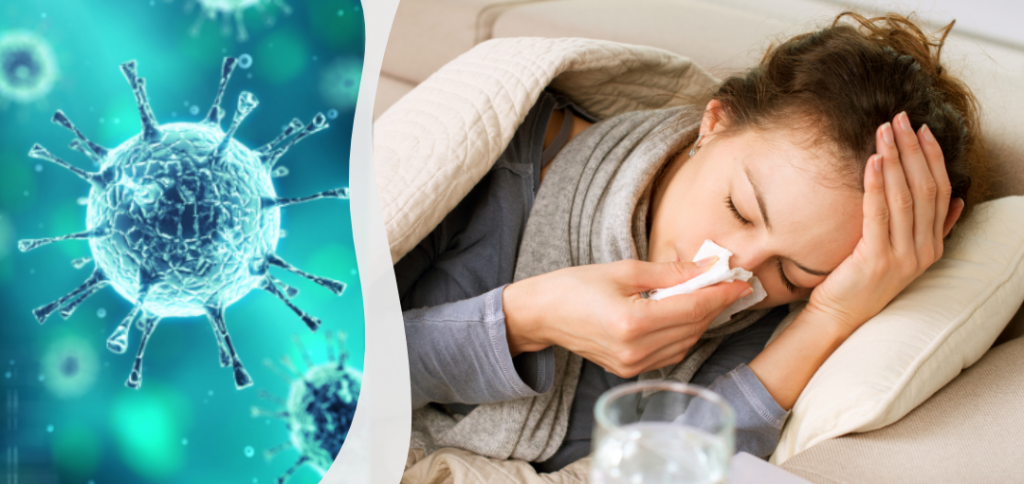
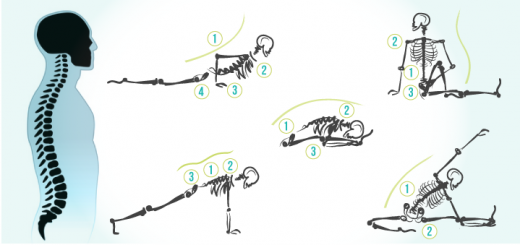
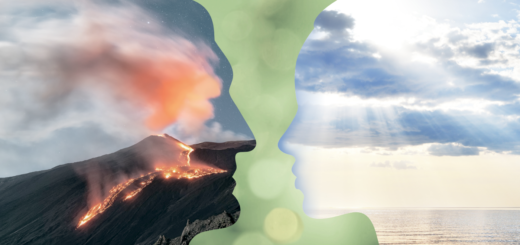
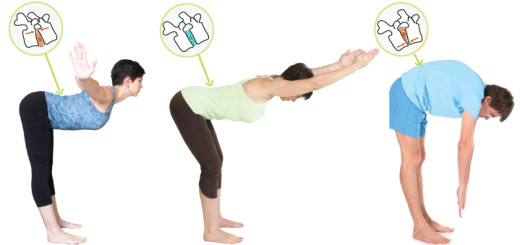
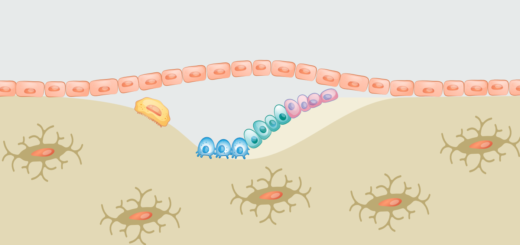

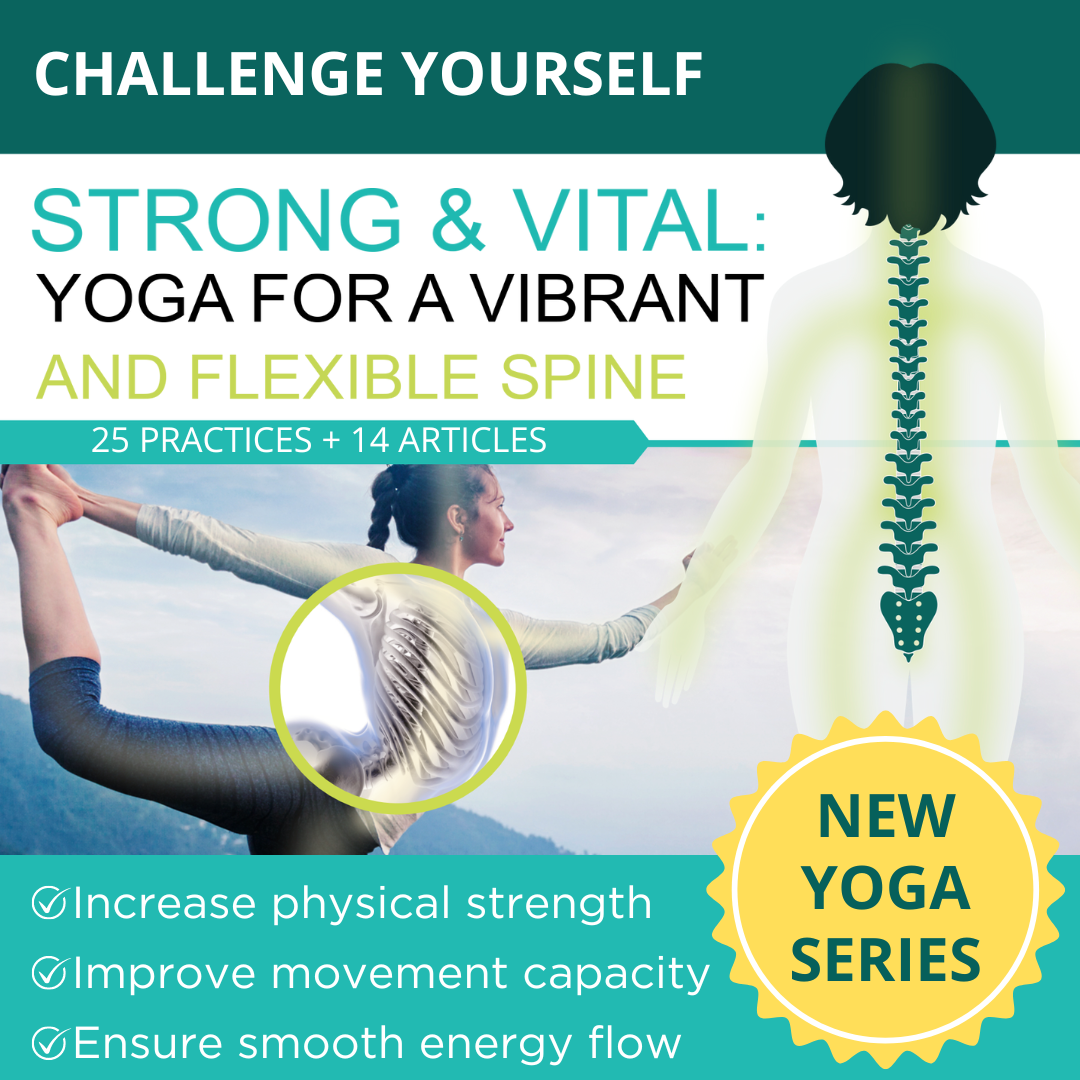
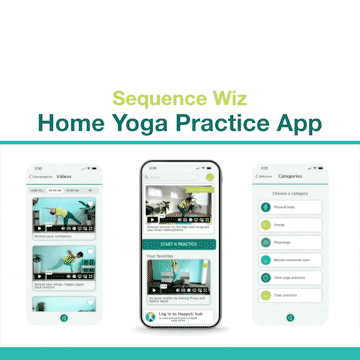
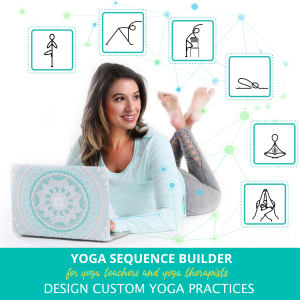
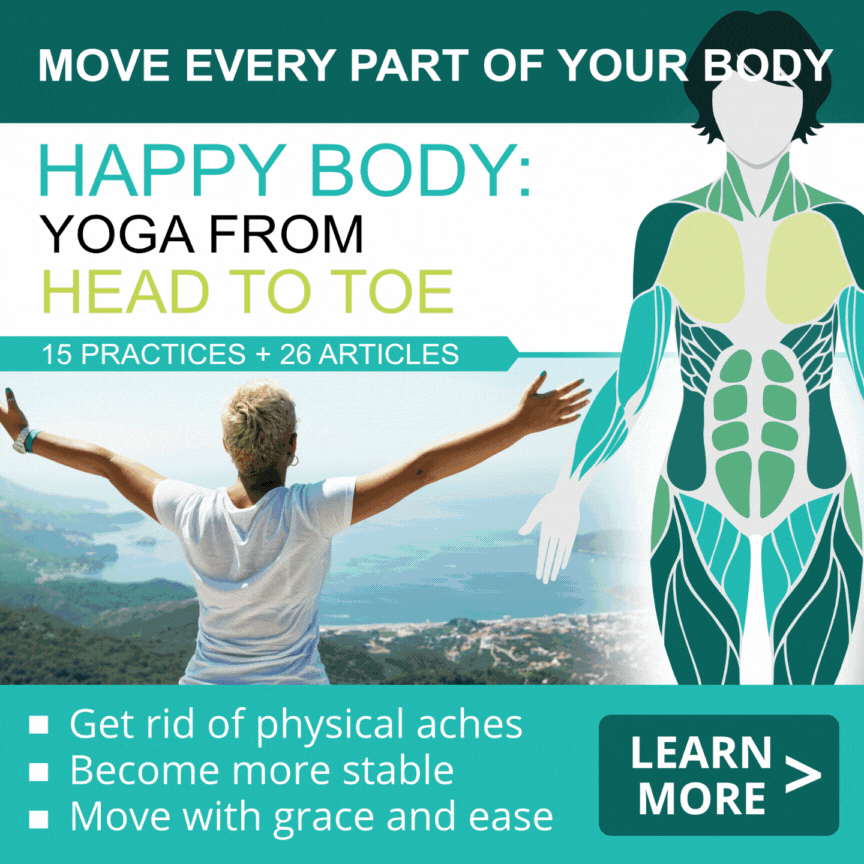

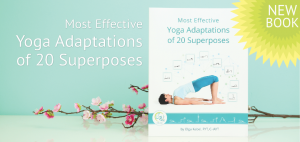
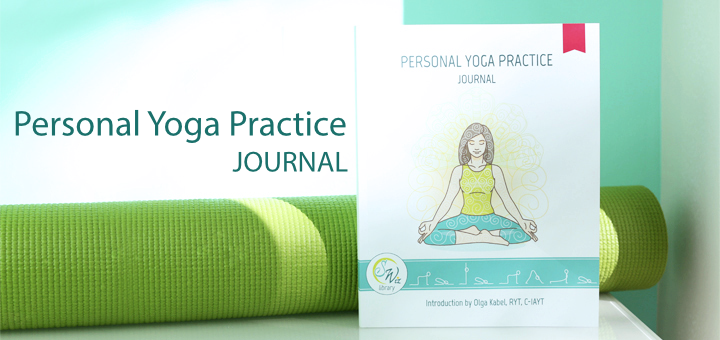
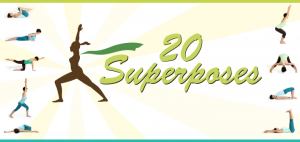

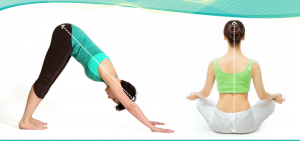

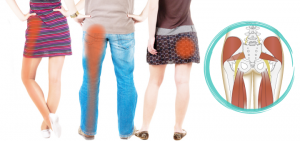
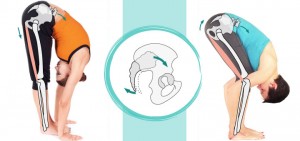
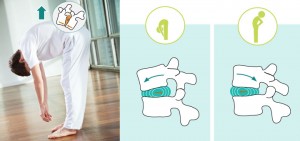
A great topic Olga
Great article – thanks Olga – really useful. I certainly notice the difference when I go to bed at time when I know I will get 8 hours – I feel better, more energized, more awake and stay well during the winter months. Good to read the research too.
Yep, I totally agree. I feel like I need even more sleep in the water months, I guess it’s my hibernating stage 🙂
I have experienced chronic insomnia for a very long period in my life where no medication works. However one of my best remedy’s I feel has been yoga. I cannot remember when I last had the flu(maybe a slight cold a couple of years ago). People all around me have had the flu or a cold and Ive been lucky enough to escapeit. I dont get flu shots. Im not saying yoga helps me go to sleep but it helps keep my sanity and it is self love for myself which helps me combat the affects of sleep deprivation. What Im gettingat is I feel my imune system is strong because of yoga.
Hi Bronwyn! I have no doubt that yoga can be useful for keeping the immune system strong. I am sorry to hear about your insomnia. It seems to me that folks like yourself who cannot get enough sleep have to work harder to get those same benefits from other places, like their yoga practice for example. I am so glad to hear that it works for you.